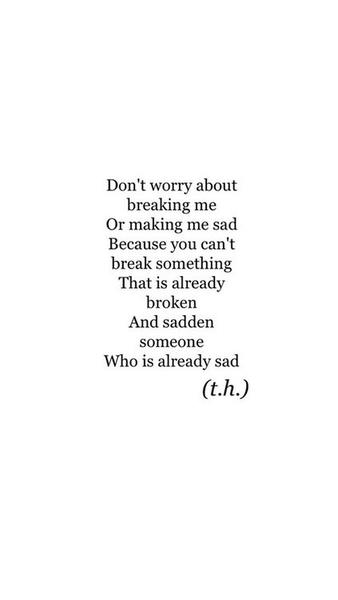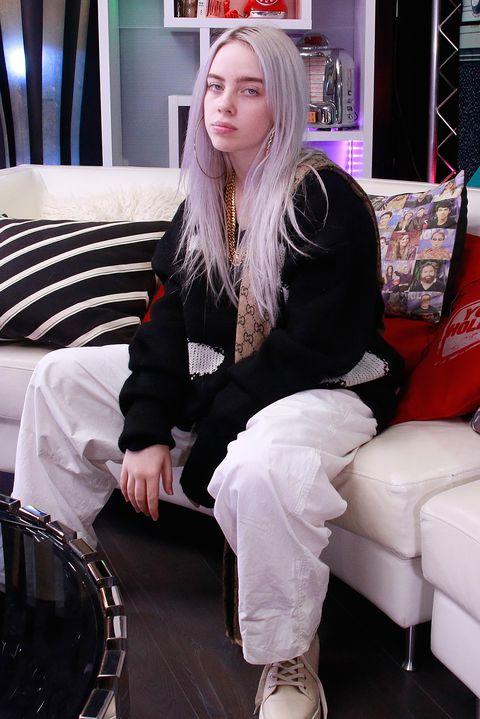Before some people go off at me saying, “Mental illness is not normal!” I completely agree with you. However, some members of the general public have tried to normalise mental illness, and I’m going to point out a few reasons as to why it is digusting and should be stopped.
1: Normalisation through the media.

This is probably the most prominent one. Such as “Spreading awareness of mental health disorders.” I think this is absolutely ridiculous. While I understand some people may be suffering in silence, the majority are not. You get videos like these which almost make mental health seem like a very normal thing to experience.
Especially for a lot of teenagers, when they see things like this they may begin to question whether they have a mental disorder. I have personally seen teenagers think they have bipolar disorder because they have mood swings. And I have met people with actual bipolar disorder who are for the most part, hospitalised.
2: Normalisation through music.

Years ago, if you heard a song about someone being sad... You’d think they were sad. Nowadays, you hear a song about someone being sad... They’re suffering with depression.
Take Billie Eilish as an example. Billie is a talented 16 year old girl who writes songs. She is classed in with other ‘Tumblr’ artists such as; Troye Sivan, Halsey, Melanie Martinez and Lana Del Ray. All of these artists spread awareness of mental health. And it leads many young fans to believing they could be suffering too, because the music they hear seems relatable to them.
3: Self diagnosis.

As I’ve mentioned above, the majority of teens these days will question whether they have a mental disorder or not.
And I think online access to symptoms of these serious mental disorders should be banned. Access to viewing the symptoms of mental disorders are just at your fingertips, plus you can take tests to self diagnose.
This is inherently wrong, as symptoms of some disorders such as, “High self confidence some days and low the others” are characterised as a symptom of bipolar disorder. It’s also very normal human behaviour.
The exposure to online testing is so easy to get a hold of.
I challenge you to look up a severe mental disorder and see if you have any symptoms. You almost certainly will.
4: Hypochondria.

Once you’ve led yourself into believing you have a mental disorder, these people excessively look into the symptoms and match them with their own. If some of the symptoms don’t match, they will change their behaviour so they do. This can be done subconsciously or consciously.
People who are hypochondriacs will often express their “illness” to others as a form of attention seeking. Again, can be done consciously or subconsciously.
5: Those with real mental illnesses go unrecognised due to others self diagnosis.

Most who actually suffer from mental illness do not speak out about it, because it is so normalised. It seems as if most of the population suffers with depression, so those suffering the actual disorder keep quiet.
Also, those with mental disorders often do not recognise that they’re ill at all. It takes someone else to point it out for them to get help.
In summary
The modern normalisation of mental disorders causes problems for those actually suffering, as it plays it off as something your next door neighbour has been through too.
It also puts a strain on our doctors to keep up with these hypochondriacs. There’s so many of them that we may well run out of resources in hospitals very fast.
What’s your opinion on the matter? Do you think mental illnesses should be normalised and widely talked about, with information of all illnesses at your fingertips. Let me know!
Most Helpful Opinions